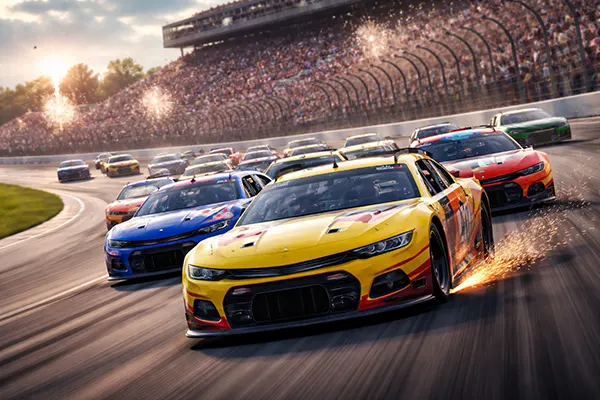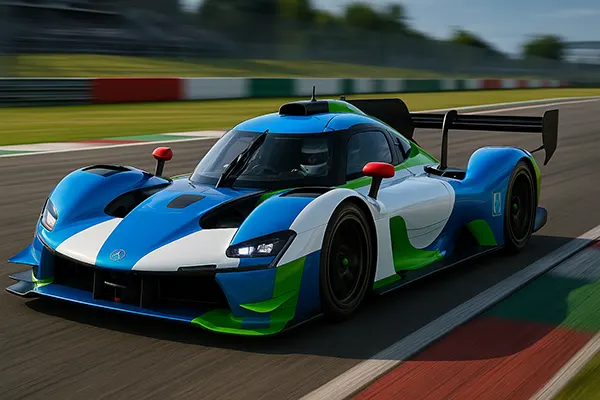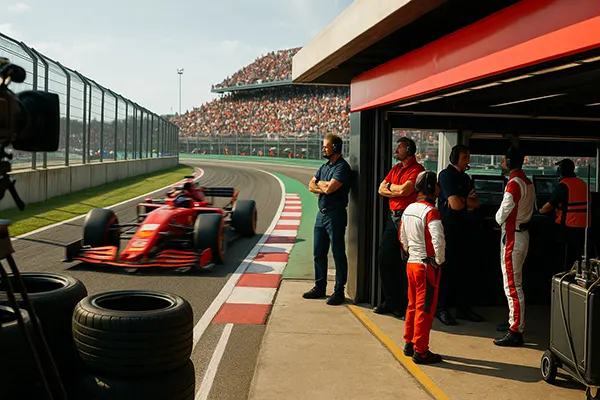Similar articles
Minds in Motion: Delving into the Psyche of a Racer at 300+ km/h
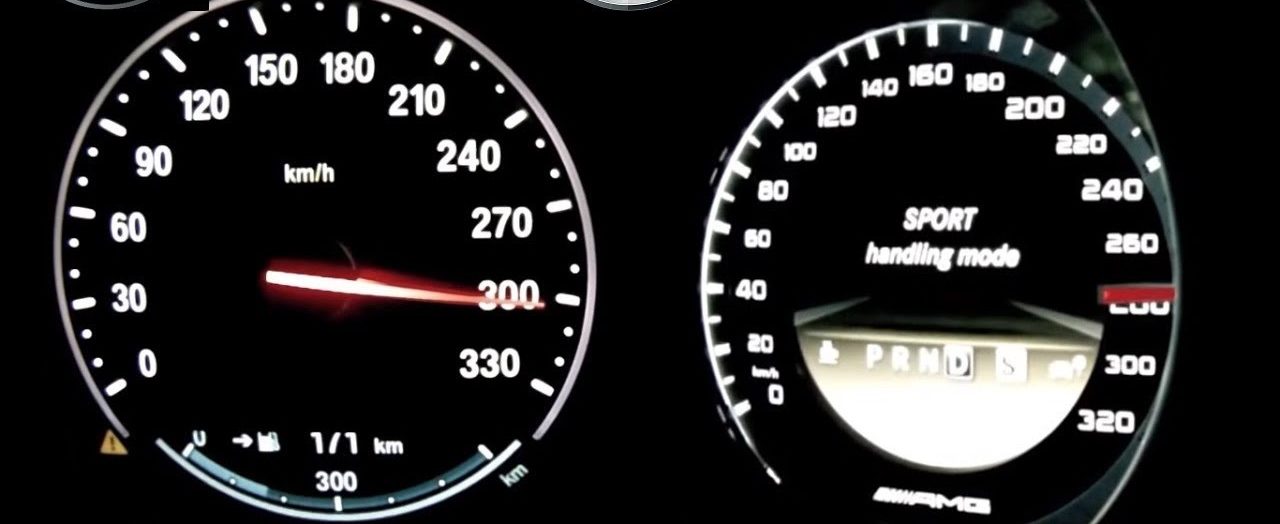
The roar of engines, the blur of the racetrack, the adrenaline pumping at breakneck speeds—what goes on in the mind of a racer as they navigate these intense conditions? This exploration into the psychology of a racer seeks to unveil the mental acrobatics required to compete at such high stakes.
Instinct Over Thought
At speeds surpassing 300 km/h, there’s little time for conscious thought. Racers often describe their actions as instinctual, a product of rigorous training and countless hours behind the wheel. It’s a state where the mind and body work in perfect harmony, almost autonomously.
Heightened Focus
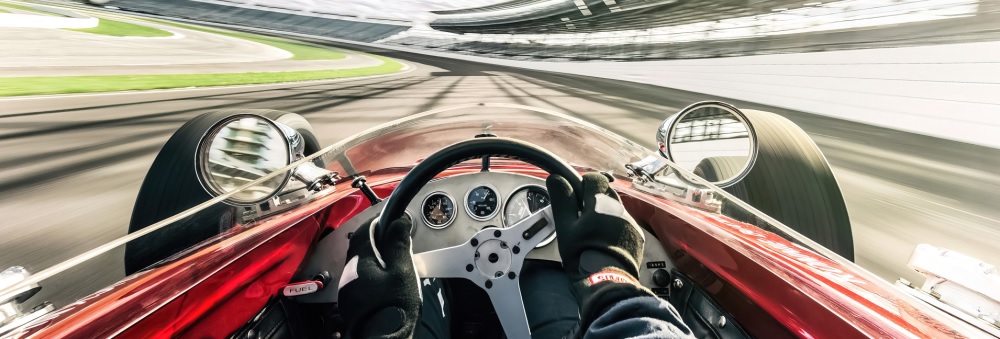
With the cacophony of the car’s machinery and the ever-changing dynamics of the race, a driver’s ability to maintain intense concentration is paramount. It’s a trance-like state, where the outside world fades, and all that remains is the racer, their car, and the track.
Zoning In
This phenomenon, often referred to as ‘being in the zone’, is a mental space where one’s skills perfectly match the challenge at hand. It’s characterised by heightened awareness, clear vision, and a feeling of control amidst chaos.
Emotional Regulation
Managing emotions is crucial when racing. Fear, excitement, and frustration must be kept in check to ensure clear decision-making and optimum performance.
Fear as a Guide
While many might assume racers are fearless, fear plays an essential role. It acts as a warning system, indicating potential dangers and helping racers anticipate challenges. However, this fear is controlled, processed rapidly, and used constructively.
Managing Adrenaline
Racing is an adrenaline-packed activity. While this surge can enhance reflexes and focus, it’s crucial for racers to ensure it doesn’t overwhelm them, leading to hasty decisions.
Split-second Decision Making
In the high-speed world of racing, decisions often need to be made in fractions of a second. Whether it’s choosing the perfect line through a corner or deciding when to overtake, these choices can be the difference between victory and defeat.
Cognitive Training
Many racers undergo specific cognitive training exercises to sharpen their decision-making skills. Simulators, rapid-reaction drills, and even certain video games are utilised to hone these essential abilities.
Memory and Experience
While every race presents unique challenges, a racer’s memory bank of past experiences plays a crucial role in guiding their actions. Past races, mistakes, and victories all inform a racer’s decisions, often subconsciously, steering them towards success.
Learning from the Past
Post-race analyses, reviewing onboard footage, and team debriefs all contribute to this reservoir of knowledge. By understanding past actions and their outcomes, racers can better predict and react to future challenges.
Team Dynamics and Trust
A racer might be alone in the cockpit, but motorsport is a team endeavour. Trusting their crew, from the engineers to the pit team, is vital. This bond ensures that when advice comes through the radio or strategy changes are made, the racer acts with unwavering confidence.
As we marvel at the feats of racers on the track, it’s fascinating to realise that the real magic often happens within, in the intricate dance of thoughts, emotions, and instincts that propel them to the finish line.

